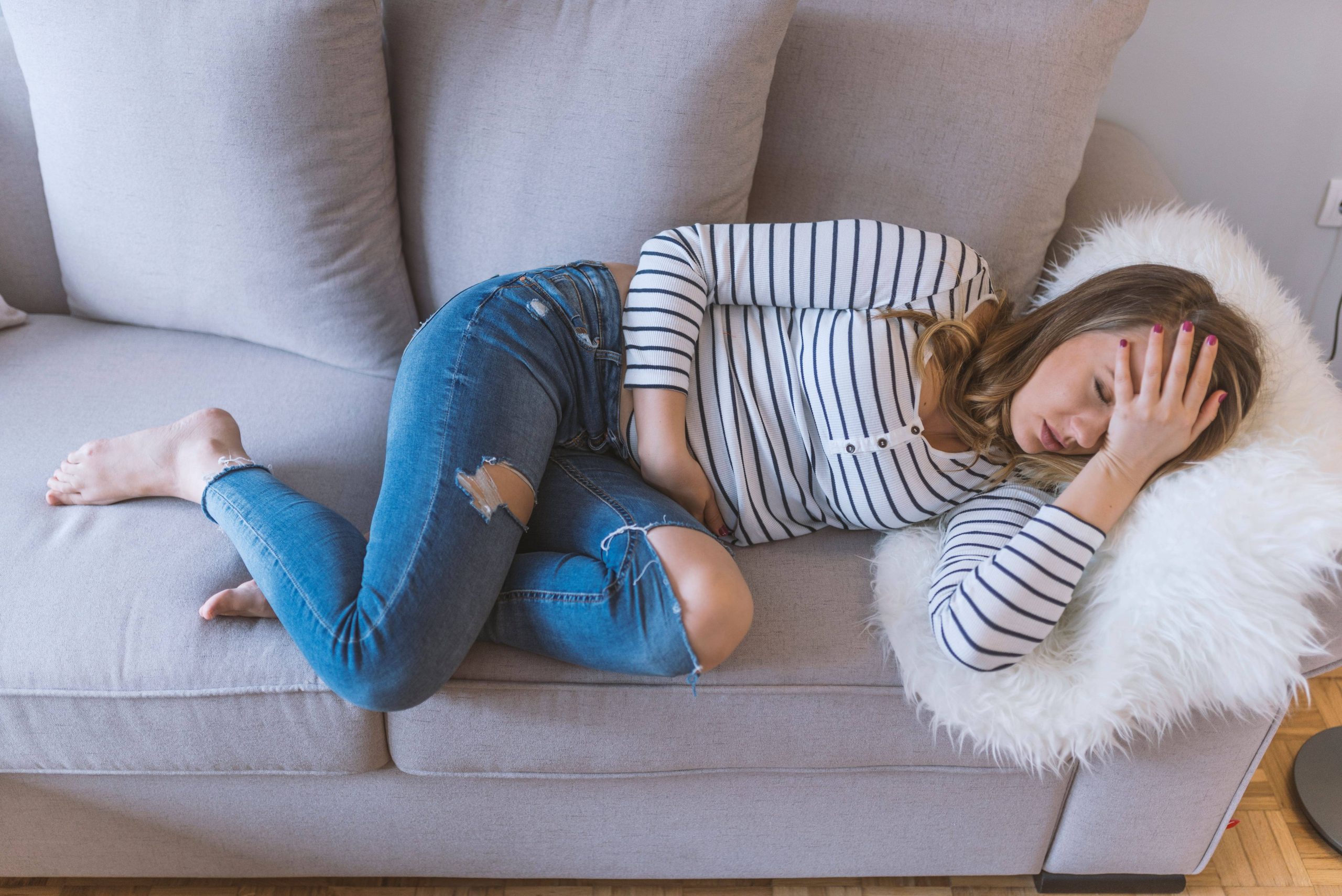Menu
- SITCM Overview
- Prospective Students
- Current Students
- Alumni
- Teaching Clinic
The pain of cramps can be debilitating, causing you to miss work, cancel appointments and curl into a ball until the aches subside — until you have to do it all over again next month.
Menstrual cramps, or dysmenorrhoea, include painful sensations (from dull to severe) felt in the abdomen and pelvis before, during or after a menstrual period. In some women, the pain spreads to the hips, lower back and inner thighs and might be accompanied by a headache, nausea, constipation or diarrhoea.

Physician Goh Xin Yi explains that from the Traditional Chinese Medicine (TCM) perspective, menstrual cramps are typically “due to the obstruction or insufficient flow of Qi and blood flow to the uterus,” turning into what it could be the result of stress, over-consumption of cold food and drinks, or illness.
The Pacific College of Oriental Medicine (PCOM) adds that “the liver, spleen and kidney channels run through the pelvis and all can affect menstruation. If any of these channels is blocked, congested or deficient, this will usually manifest in women as some sort of menstrual problem.”
If you have to take an anti-inflammatory every four hours to reduce your pain, consider these three natural ways that can help you to be free of cramps with TCM.
The British Acupuncture Council explains that acupuncture may help reduce symptoms of dysmenorrhoea by regulating neuroendocrine activities, increasing nitric oxide levels, increasing relaxation, reducing tension, stimulating nerves and reducing inflammation. A recent study in Australia found that “women undergoing acupuncture more frequently experienced more significant improvements in period pain intensity and related symptoms, as well as in overall quality of life.”
A warm cup of tea, as simple as it may sound, can bring you immense relief from your symptoms. Physician Yi suggests the following teas: rose or jasmine (for stress, frustration and bloating in the lower abdomen prior to the period), ginger (for those who find relief from applying warmth to their abdomen), motherwort (for those with sharp pain and blood clots), longan red dates (for those with tiredness and dizziness during the period). Our clinic practitioners will work with you to find the herbal treatment that is best suited for your body and symptoms.
As mentioned above, stress is considered a significant contributor to cramps, as well as countless other medical conditions. Reducing your tension levels by practising mindfulness, meditation and deep breathing are methods you can start employing today. TCM also believes that exercise and diet are essential components of the pain relief puzzle.
In addition to eating a nutrient-rich diet, you may wish to avoid cold or raw foods prior to and during your period. Maintaining an active lifestyle is important as well, because “exercise speeds up a sluggish metabolism and increases production of qi and blood,” PCOM explains. “Aerobic exercise from twenty to thirty minutes every other day increases circulation and body temperature, and aids digestion, appetite, mood, energy and sleep. Exercise greatly reduces the severity of any endometriosis symptom or symptom associated with stagnant qi and blood stasis.”
In addition to cramps, here at SITCM we can assist with information about Traditional Chinese medicine and infertility, IVF support, PCOS, endometriosis, menopause, PMS, breech presentation and other conditions affecting the female body.
Book an appointment with us to learn more.